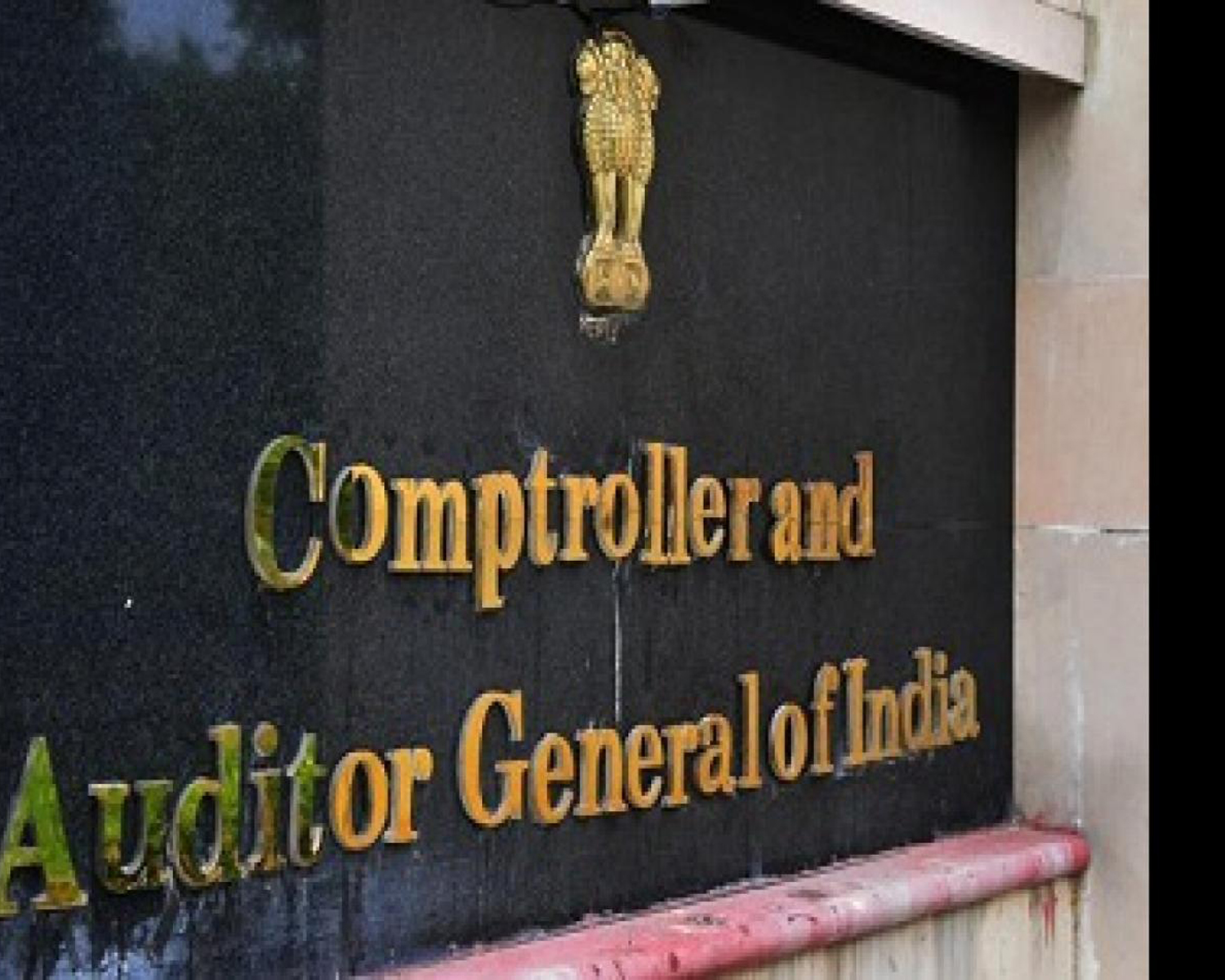Tax exemption claims on farm income have caught the eye of the Comptroller and Auditor General of India (CAG) who has in turn called for an increase in efforts to keep a tab on tax evasion in farm income.
On Tuesday, the revenue department’s audit report was put forward in the Parliament, wherein the statutory auditor of the government stated that tax exemption claims on farm income have been permitted by the department completely based on incomplete documentation or inadequate verification in about a fifth or more of the 6,778 cases which it has scrutinized.

The CAG report highlighted the issue pertaining to the abuse of tax exemption that is granted to various charitable trusts and institutions that has resulted in assessees who were involved in “uncharitable” activities were availing the tax benefit.
The income tax department has been fighting in two areas for a long time –
(i) abuse of tax relief on agriculture income
(ii) earnings of charitable trusts
In May, the Central Board of Direct Taxes (CBDT) had suggested a new format of audit which would require charitable and religious trusts to be honest regarding their activities. New rules were suggested which would require such institutions to provide a detailed disclosure regarding their transactions.
The CAG report has come when a new direct tax code is being finalized by the CBDT, which aims to simplify income tax laws and be in sync with the best global practices. The CAG stated that when it scrutinized the exemption claims on farm income, exemption had been granted even where there was no proof of land records or farm income in terms of invoices or ledger accounting. It stated that due to this, it was impossible to determine if the current system was strong enough to make sure that the assessees were being granted exemption on income from agriculture only post thorough examination in the assessment process.
The statutory auditor also proposed that the department of tax must re-examine all such cases wherein exemption on agricultural income has been allowed above a specific threshold, say around Rs.10 lakhs, in order to make sure that only the eligible assessees get the tax benefit, which is based on the proper documentation and verification of the same. The increasing number of appeals that are pending at different platforms, has been highlighted by the CAG, and this issue will be addressed in the report by the task force who are working on the direct tax code.